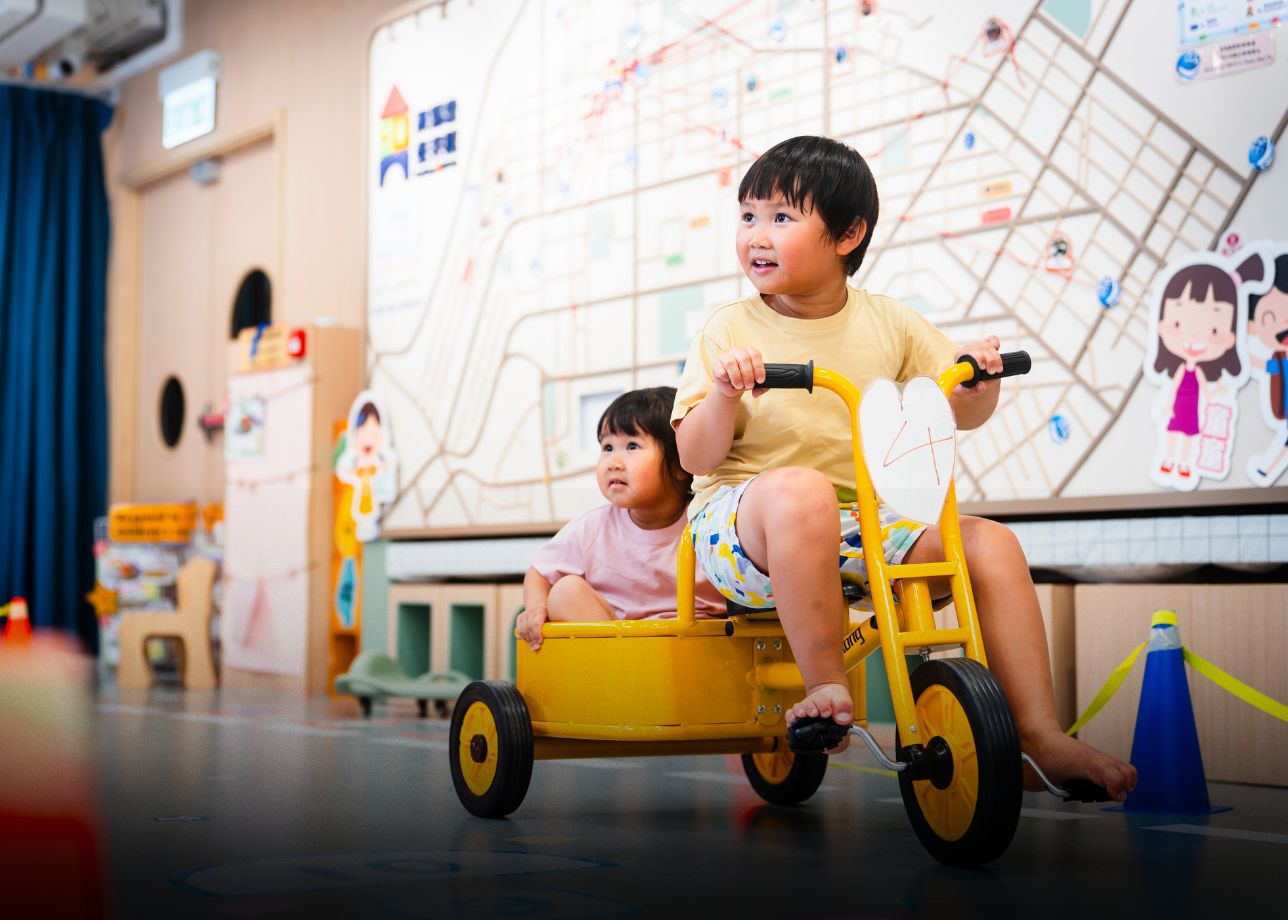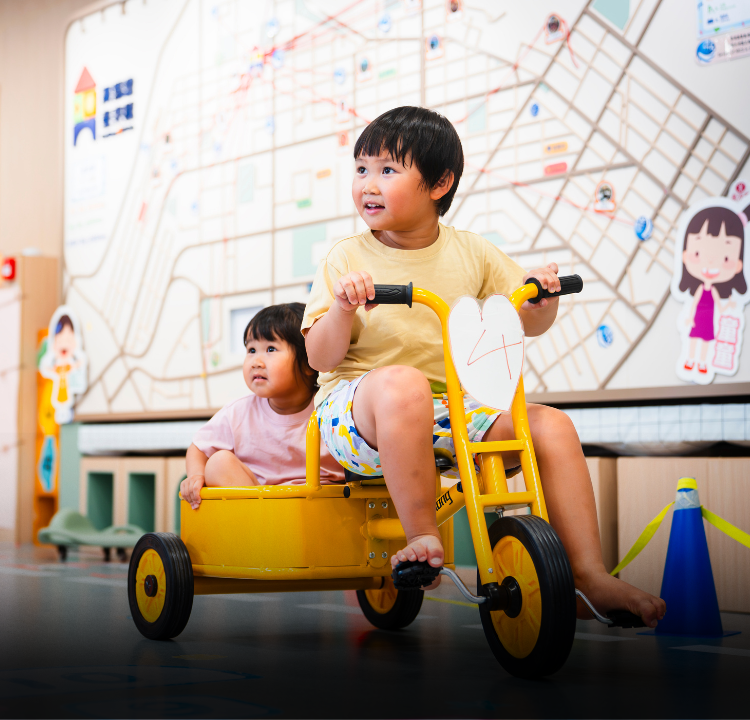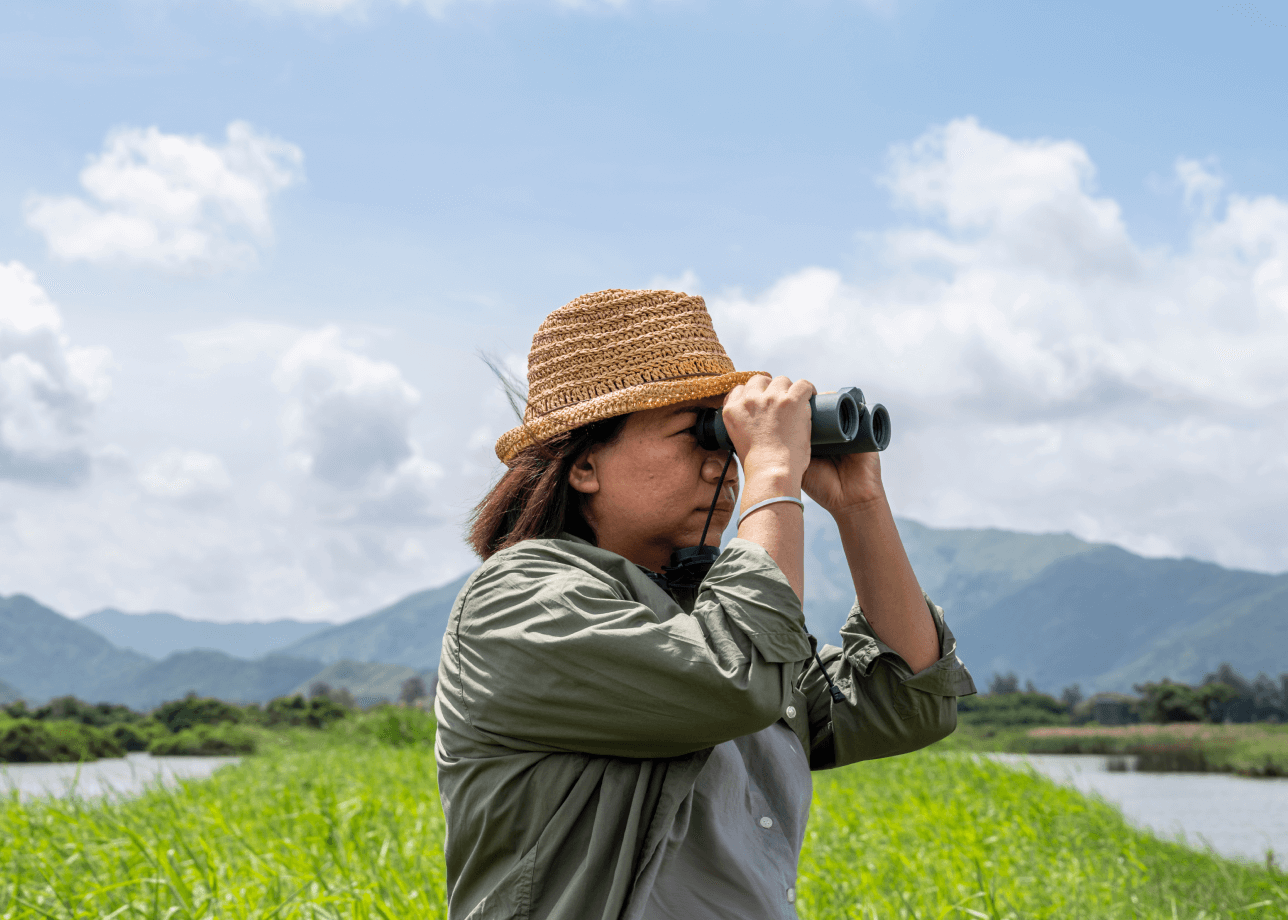.png?rev=968e56f2693c4a1fbf0c0a138e14888b&sc_lang=en-US)
.png?rev=22d580541c704ed98bd7ad9a078aff9d&sc_lang=en-US)
Explore our latest activities.
View all events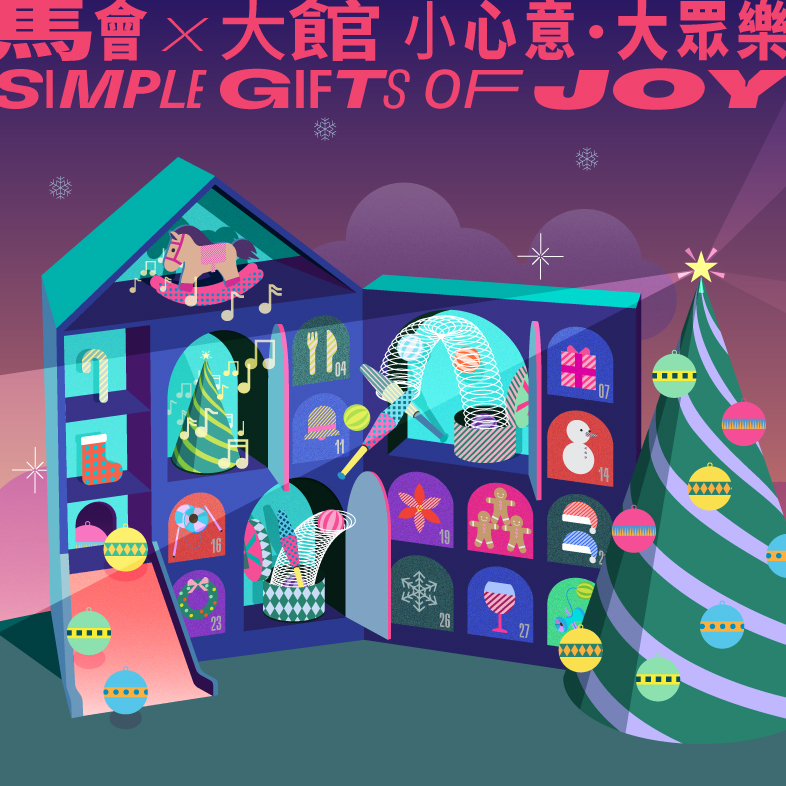
Art performance, Carnival
HKJC x Tai Kwun—
Simple Gifts of Joy 2025
Simple Gifts of Joy 2025
Be dazzled by the grand Christmas tree and spectacular contemporary circus shows in the heart of heritage.
1 Dec 2025 – 4 Jan 2026
Tai Kwun
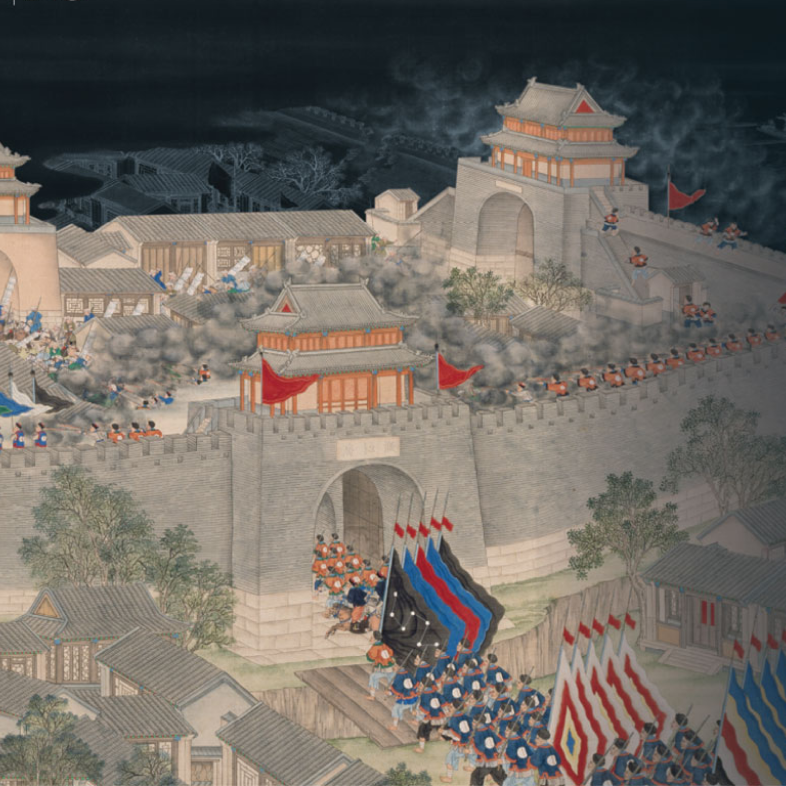
Exhibitions
The Hong Kong Jockey Club Series: The Art of Armaments — Qing Dynasty Military Collection from the Palace Museum
This exhibition showcases Qing dynasty military artefacts, highlighting the development of military organisation, technology, and artistry.
22 Jan 2025 – 21 Jan 2026
Hong Kong Palace Museum
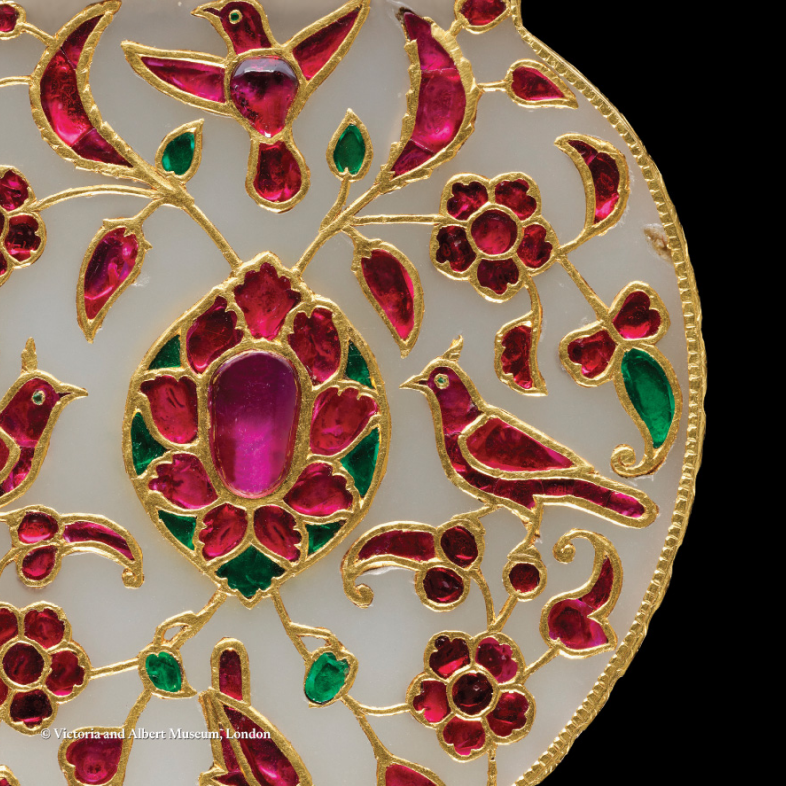
Exhibitions
The Hong Kong Jockey Club Series: Treasures of the Mughal Court from the Victoria and Albert Museum
This exhibition showcases the extraordinary artistic achievements of the Mughal dynasty through a display of over 100 precious artefacts.
6 Aug 2025 – 23 Feb 2026
Hong Kong Palace Museum
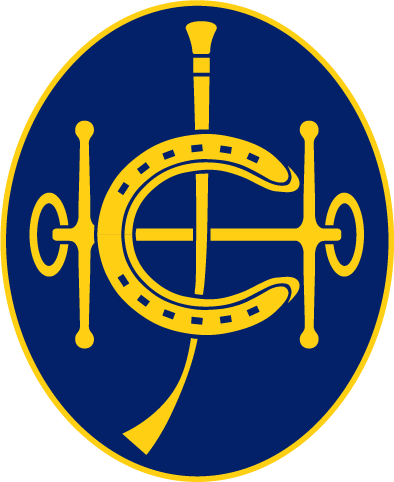

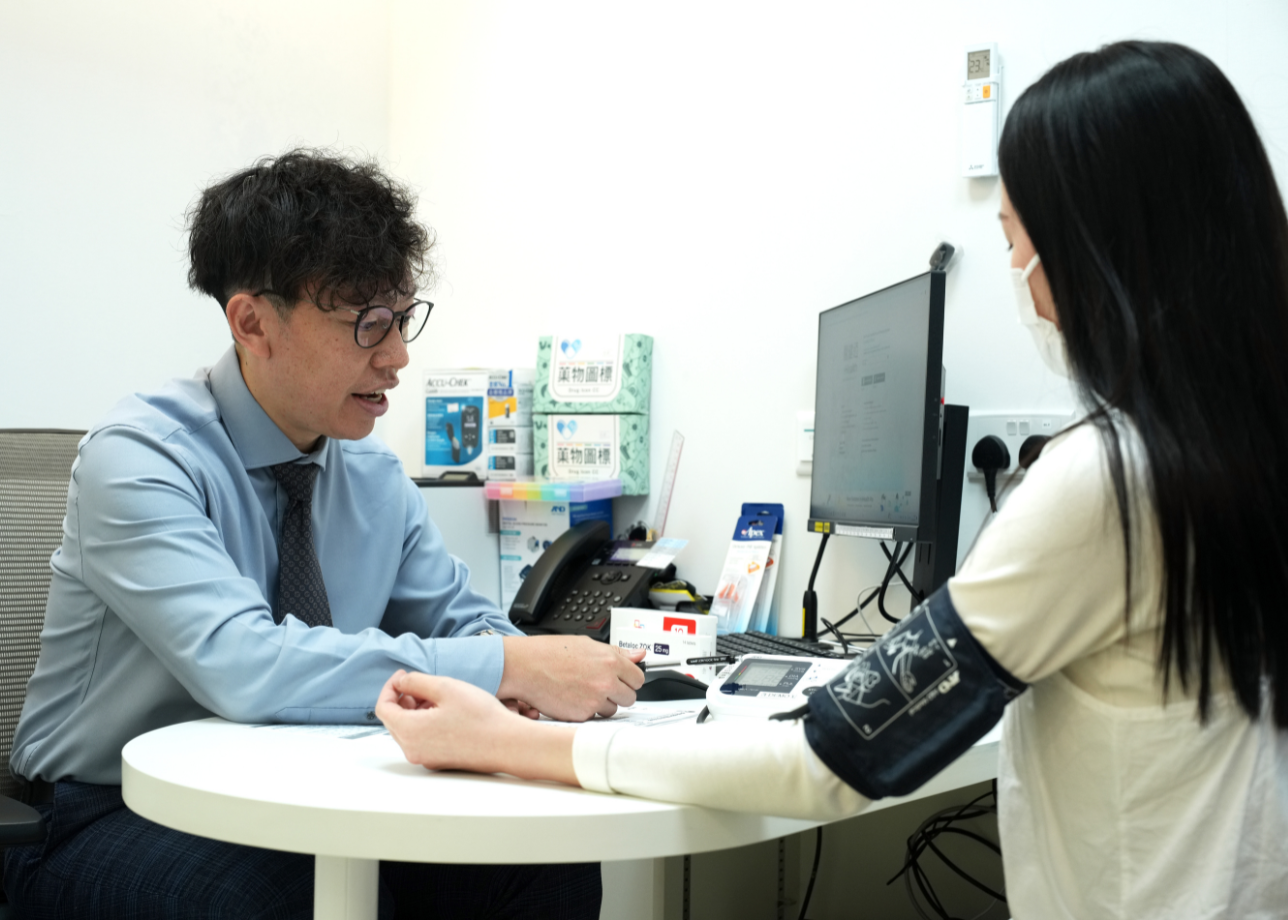
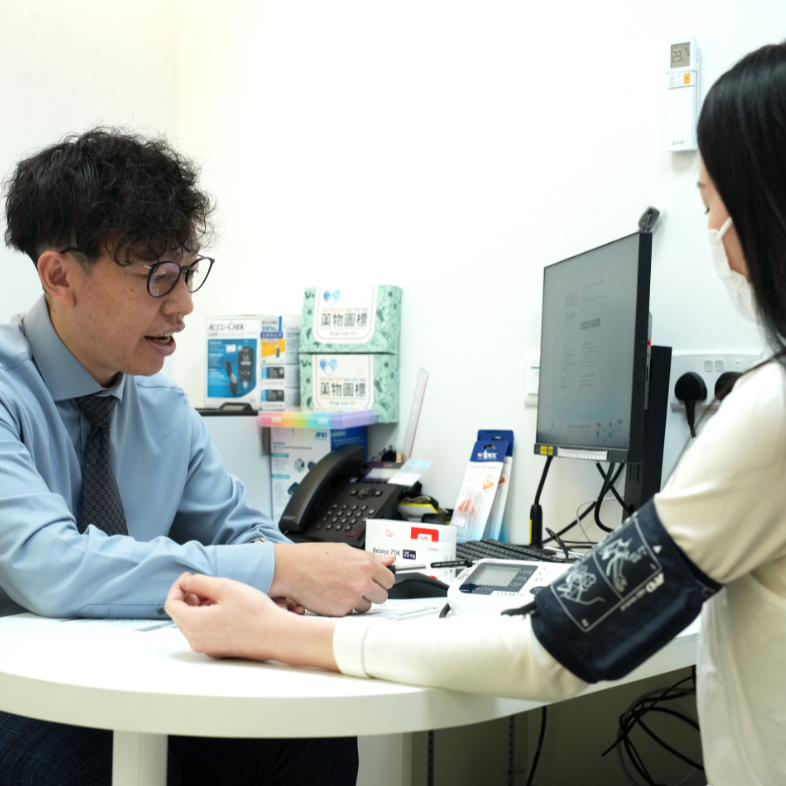






.png?rev=a4f97efe8ba94670b09bee2fe92bd5d5&sc_lang=en-US)
.png?rev=142a999b72984ecdb6a01f4905c93ded&sc_lang=en-US)
